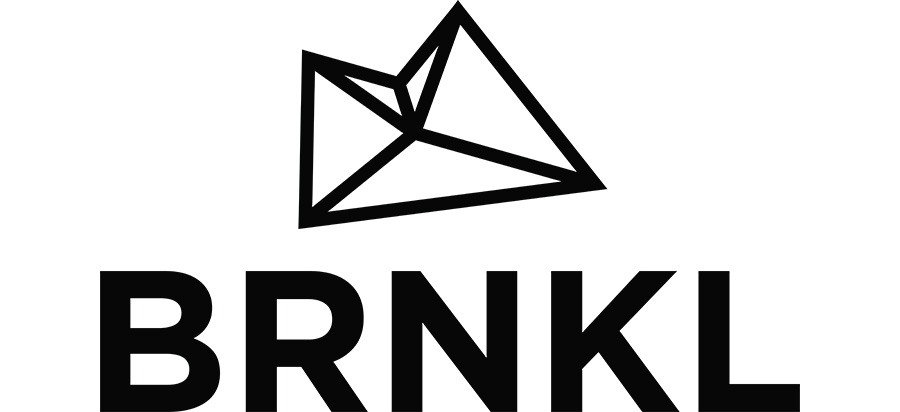Selecting the Right Satellite IoT Hardware & Airtime
These questions are aimed at helping you narrow down your options. We’re here to help, so please contact us if you’d like any support identifying the best solution for your needs.
E.g. telemetry, sensor data. A few bytes to a few kilobytes.
For low volumes of data, messaging services are highly cost effective (if you’re not familiar with messaging services, it’s not dissimilar to how SMS works, but over satellite). You should investigate Iridium SBD and Viasat IoT Nano for critical applications, or Globalstar for latency-tolerant use cases.
E.g. audio, images, log files. Kilobytes to a few megabytes.
For medium volume use cases, you should consider Iridium Certus 100 or Viasat IoT Pro (BGAN M2M) if you need to send your data via IP.
If you can work with a message-based protocol, which is usually more cost effective, Iridium Messaging Transport is a great option.
E.g. video. Megabytes to gigabytes.
If you need to transmit high volumes of IoT data, it’s worth exploring Starlink or VSAT solutions.
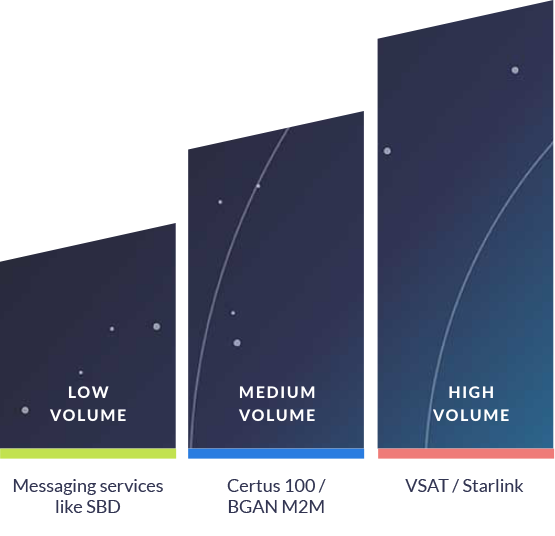
YES, MY DEVICE DOES
Great, edge computing, reporting by exception and condition-based logging will help reduce the amount of data you need to transmit, potentially opening up messaging services for your application.
NO, MY DEVICE DOESN’T
You could consider a communications device which has edge processing capability such as the RockREMOTE, RockBLOCK Sense, or the RockFLEET.
If it’s essential that your data is delivered in close to real-time, you need to consider the network maturity, visibility and latency. Iridium-powered devices have the lowest latency and the broadest visibility. Viasat IoT Pro and ScadaSAT by TSAT also offer very low latency and very high reliability of data delivery.
If you can wait for your data (i.e. store and forward), you can optimize your delivery, and look at networks that have fewer satellites in orbit, such as Globalstar. Equally, emerging NTN NB-IoT services fit here.
If you operate national critical infrastructure, you may need something with zero reliance on public infrastructure. Have a look at the SCADASat, which gives you a private satellite network.
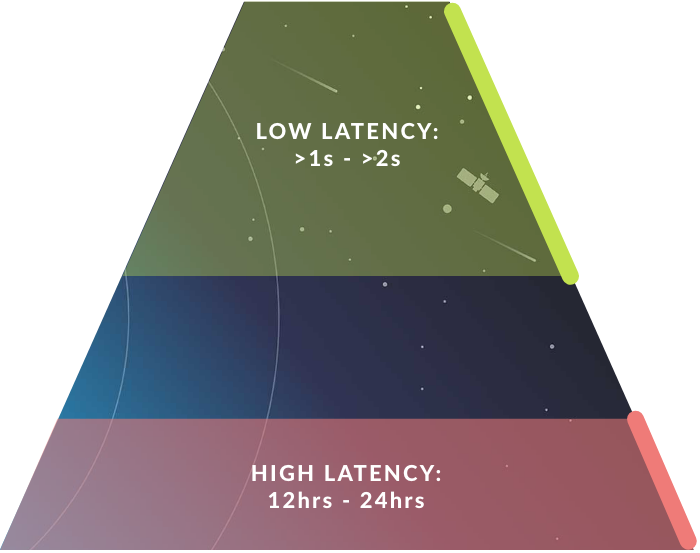
You either need an auto-pointing device to connect with a geostationary satellite (such as Viasat) or – and it’s usually a better option – an omni-directional antenna which speaks to a satellite constellation in low earth orbit (such as Iridium) which will retain constant contact with your things as they move.
Only established low earth orbit satellite constellations work well in the polar regions so you’re looking at Iridium.

Data security is a priority but not necessarily a concern. Satellite data traffic is already relatively secure meeting most military and government security standards. But you may want to consider a public static IP and/or completely configurable firewalls, to assist your data getting from A to B.
If your application requires higher levels of security, it’s worth exploring data encryption options. You can encrypt data prior to transmission, send over satellite link and then decrypt once landed. With Ground Control you can also set up a VPN from our data center direct to your server, creating a secure, virtual tunnel.
If you require a completely private, secure network have a look at the SCADASat. This service offers customers their own dedicated frequency on the space segment – an extremely secure solution with relatively low OPEX costs. For Viasat and Iridium traffic, you can consider MPLS installation or leased-lines offering a private network solution.
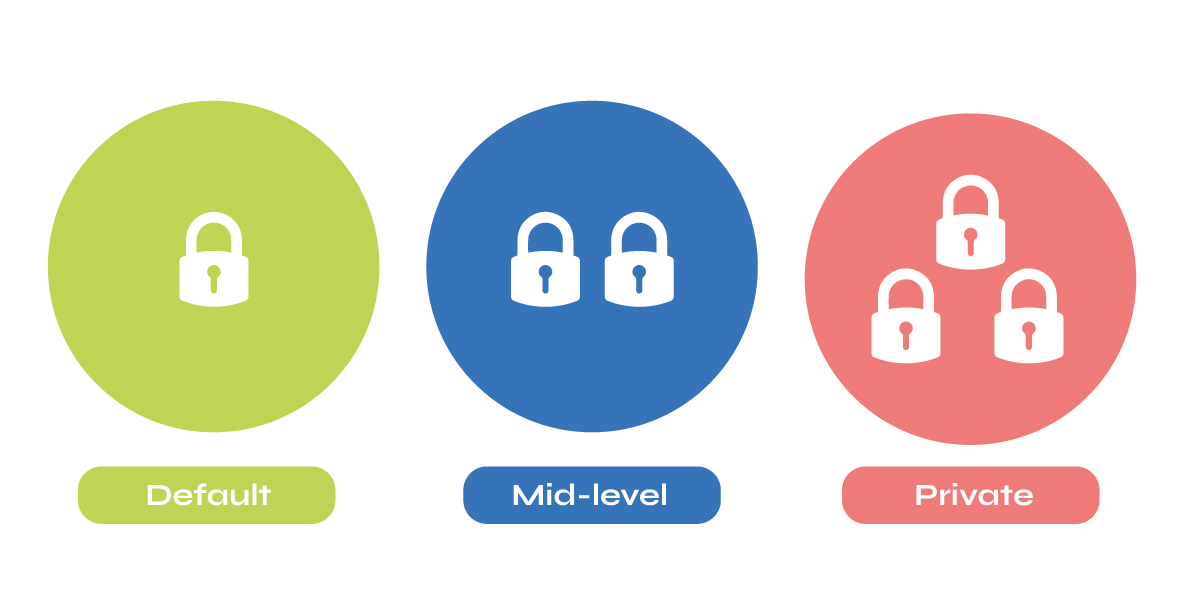
Sending Less Than 10 KB of Data Per Month?
RockBLOCK 9603 is an integrator PCB that delivers plug-and-play SBD connectivity. It's widely used to transmit simple sensor data reliably and with very low latency. If you need an external version, the RockBLOCK Plus houses the modem in a ruggedized and waterproof case, with 9-30v power input and RS-232 data link.
If you need some compute power, RockBLOCK SwitchSense can both transmit variable sensor data, and trigger an alert / activate a device in response to sensor readings.
Sending 10-55 KB of Data Per Month?
RockBLOCK 9704 makes it easy to work with the module, adding an antenna (patch or external), power supply requirements, and a simple serial interface. It's ideal for space and weight-constrained environments.
The RockBLOCK Pro / Pro OEM devices manage message queuing, retries, and network issues, reducing development complexity. They have built-in GNSS and configurable I/O options, and support legacy 9603 AT commands.
Sending Over 55 KB of Data Per Month?
A strong alternative is the Hughes 9502, which is a Viasat IoT Pro (BGAN M2M)-enabled device. It's C1/D2 certified, making it suitable for use in hazardous environments, and is very popular within Utilities and Oil & Gas.
If you're sending substantial volumes of IoT data, you may want to look at a more traditional VSAT solution. We recommend TSAT, particularly within critical national infrastructure, as it delivers a private satellite network with no dependency on the public internet.
Working with Ground Control
Whether you want to self-serve from beginning to end, or tap into Ground Control’s 20-plus years’ of experience, we’ve got you covered.
Get inspired
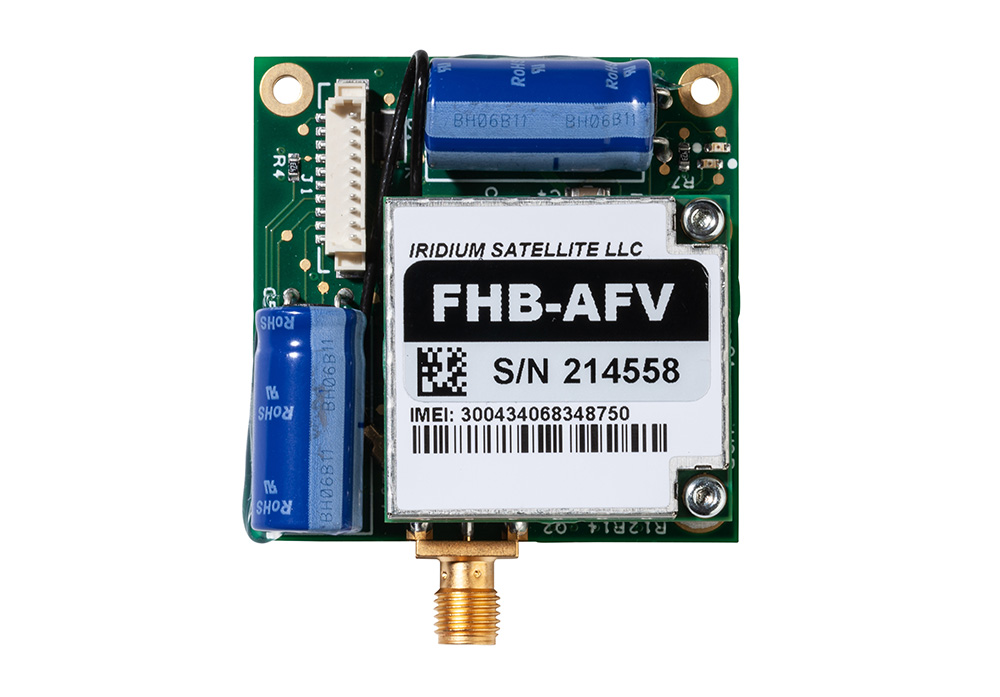
Want to browse products? Head to our IoT product pages. Not sure what you need for your project, or want to talk through your options? We are a passionate team of entrepreneurs and engineers, we’ve worked on thousands of satellite IoT projects – we’re happy to talk about your project.
Get started
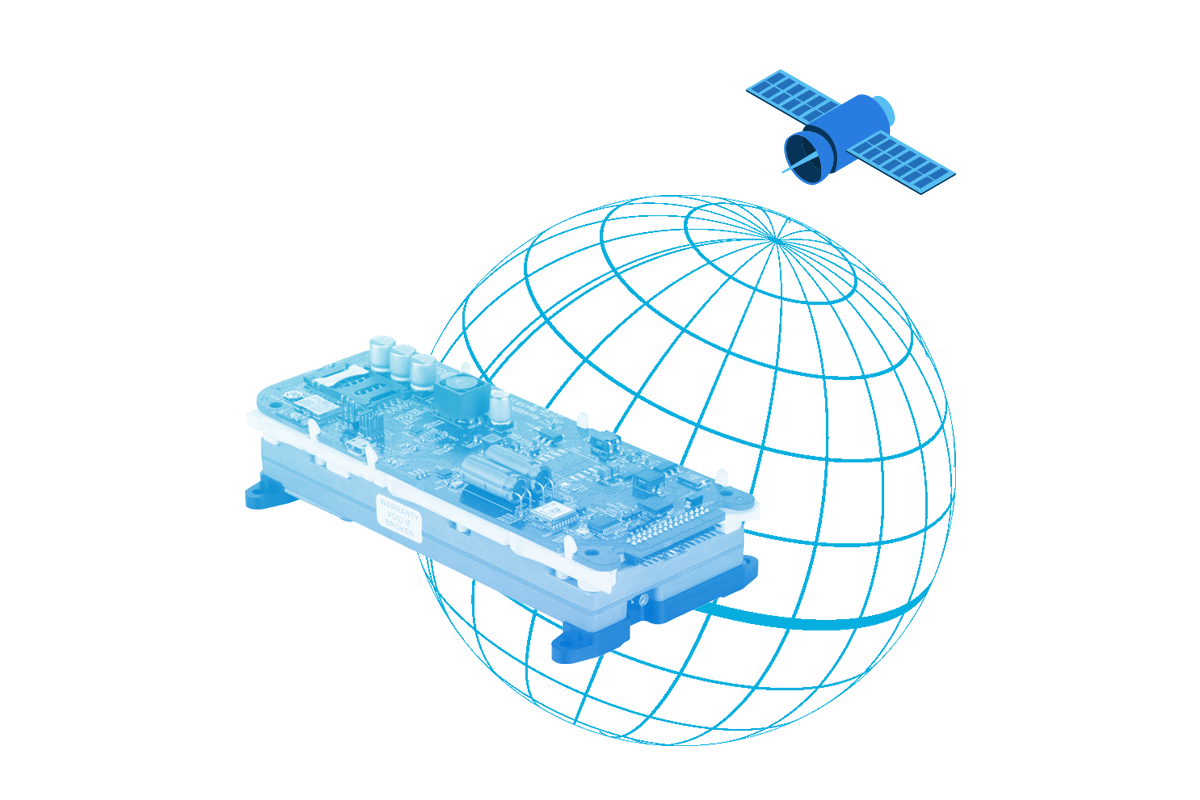
Once you’ve selected your preferred device, you’ll need airtime. We offer a credits-based pay-as-you-go system designed for proof of concept trials, as it keeps costs highly predictable and controlled. We also offer some of the best-priced airtime rates for Viasat and Iridium available today.
Get informed
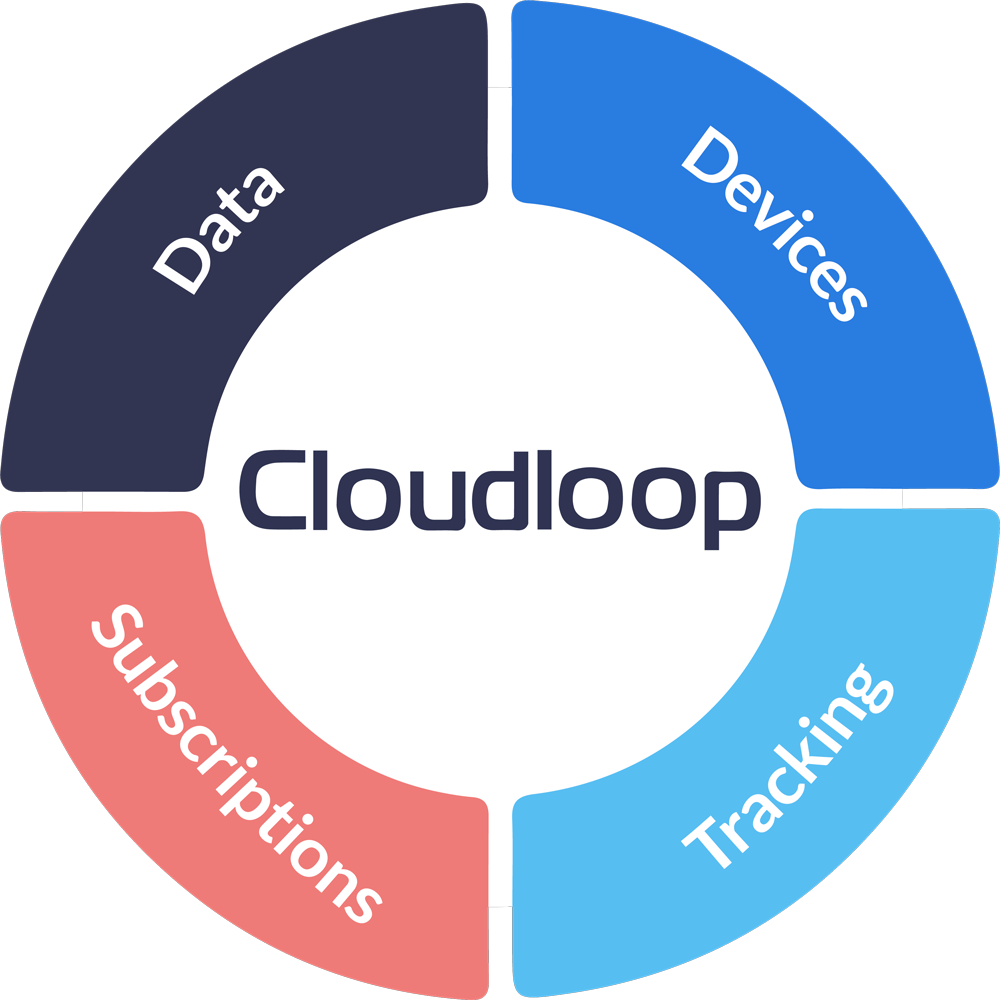
All of our customers gain free access to Cloudloop. This is our network-agnostic, developer-friendly, subscription, device and data management platform. Integrate directly into your eco system or consume the data via a customer-friendly, data rich UI. Or do both – you choose.
Get inventive
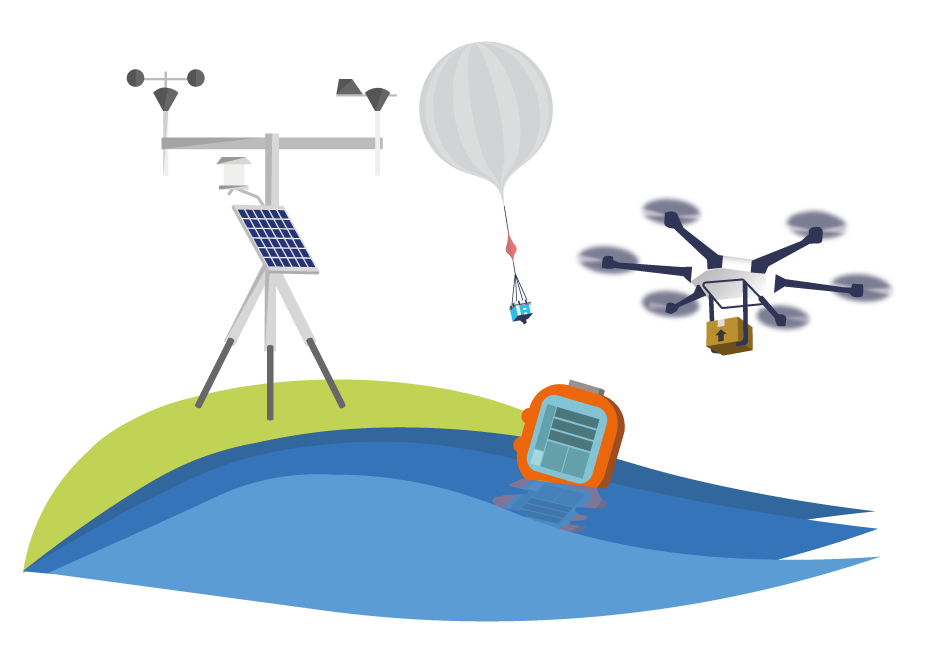
What our customers do with our hardware genuinely inspires us. Most applications involve some sort of sensor, a processor to read data from the sensor, and Ground Control providing data transmission. The possibilities aren’t quite endless but they’re not far off!
Feature development is customer-led, so if you’re not sure if our devices can deliver what you need, talk to one of our support team and we’ll see what we can do.
Get value
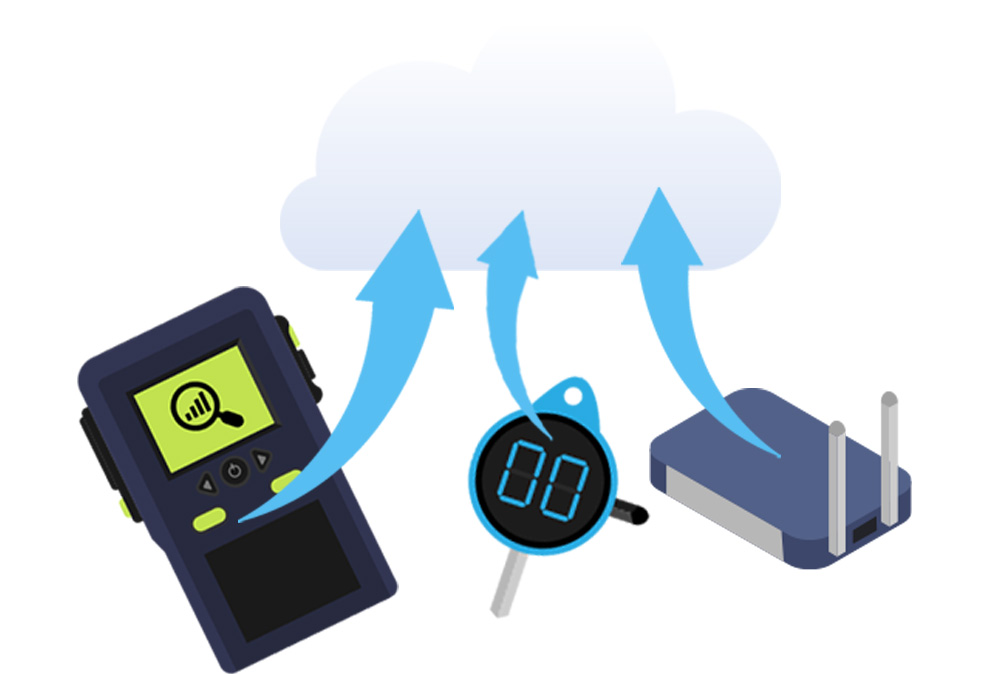
Thanks to increased competition, satellite connectivity prices have come down in recent years, and with the advent of standards-based networking systems, they may come down further still.
Our role is to ensure that you get the best possible value for money, taking into account data speeds, volume, latency, location and security. We have some of the lowest cost airtime service plans available. And with Cloudloop, you can set up alerts if any of your devices are over-spending, and even automatically deactivate them.
How satellite IoT complements cellular and LPWAN networks
Satellite connectivity extends your IoT network coverage, and is often used for gateway data backhaul, or as an alternative means of communication in areas lacking LPWAN or cellular coverage. It delivers instant infrastructure in remote or inaccessible zones and for mobile assets transitioning between terrestrial network coverage areas. For more information on one of our real-world examples, see Backhauling LoRaWAN Gateways via Satellite.
Ready to explore connectivity solutions for your IoT network? Click below to contact our expert team.
Ready to extend the reach of your IoT application?
We’re here to help. With highly experienced staff based in the UK and USA, we’re here to talk through your most challenging remote connectivity requirements.
Complete the form, email hello@groundcontrol.com, or if you prefer to speak to someone directly, call us on +44 (0) 1452 751940 (Europe, Asia, Africa, Oceania) or +1.805.783.4600 (North and South America).

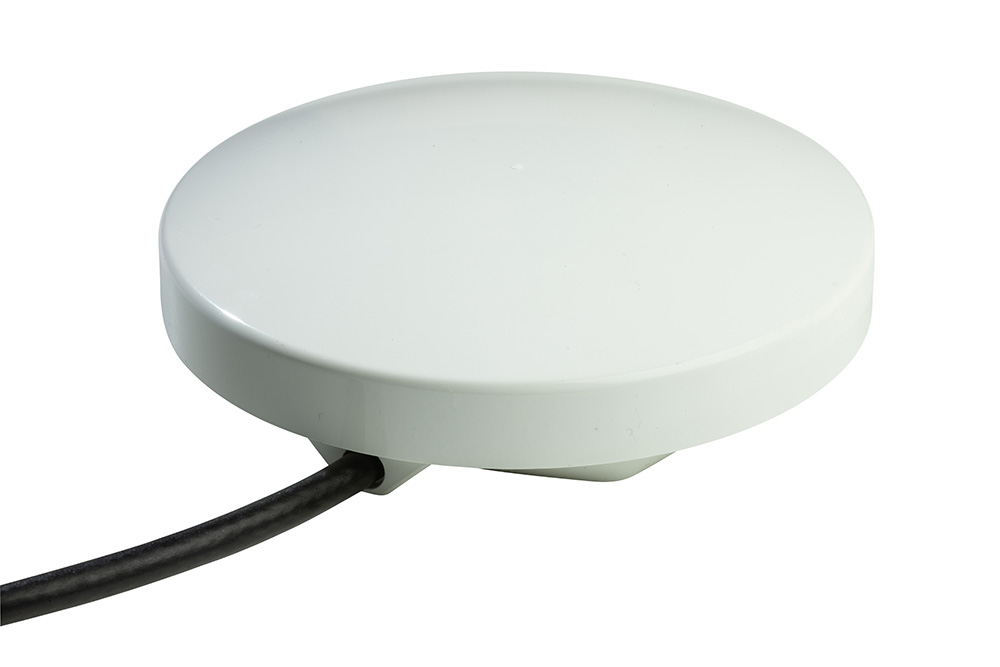
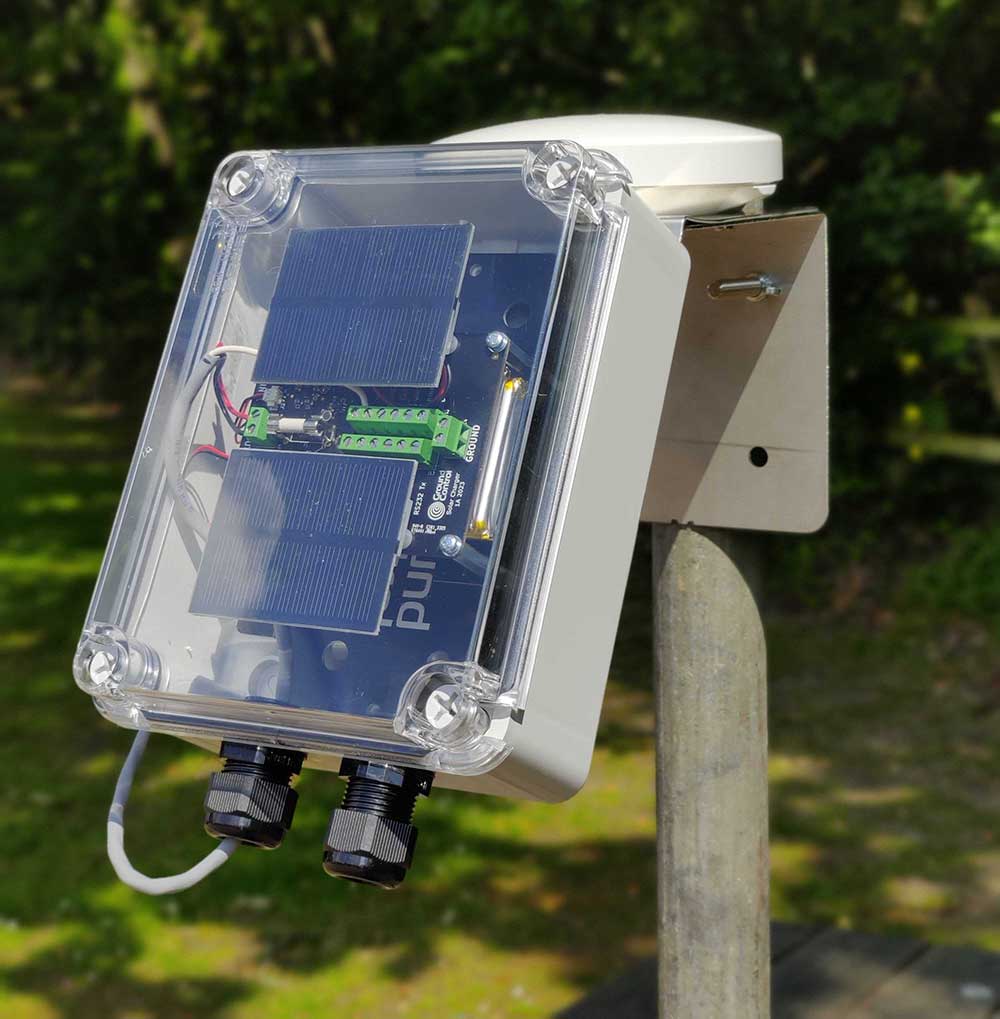
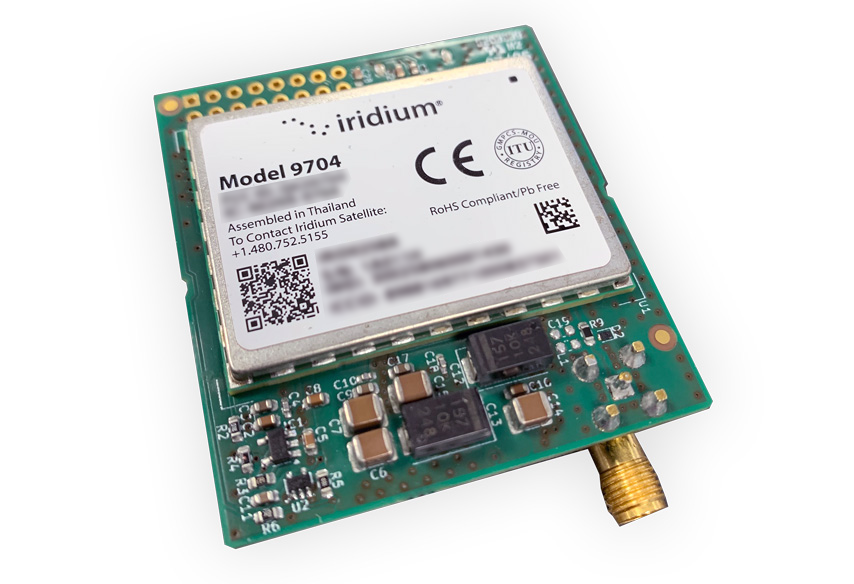
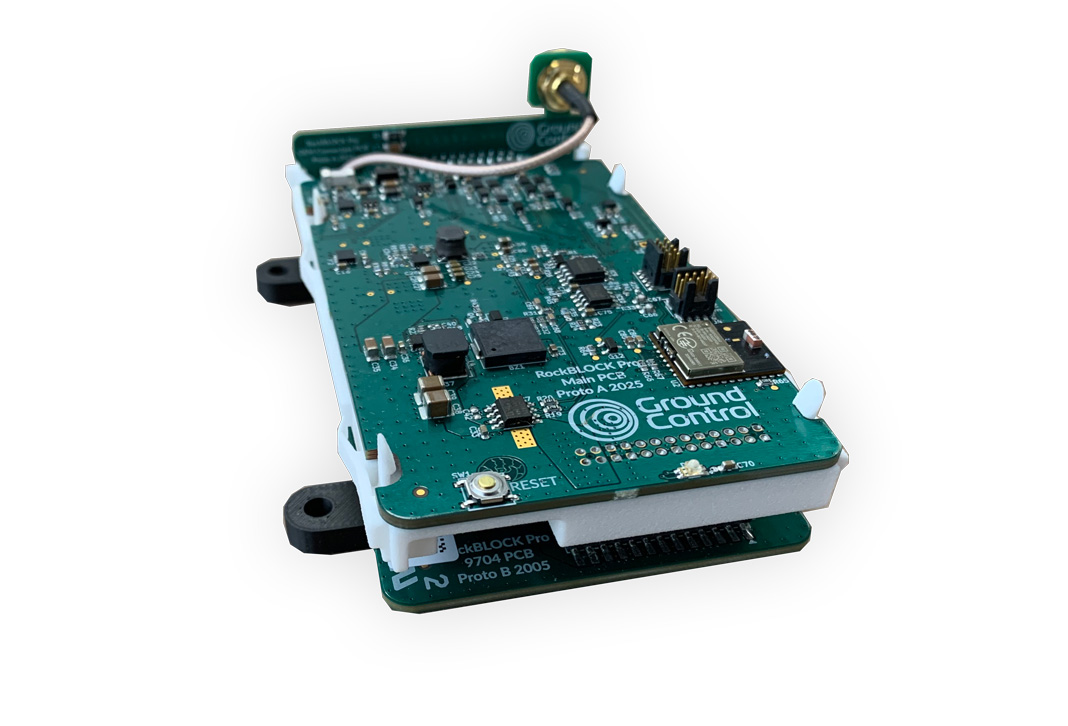
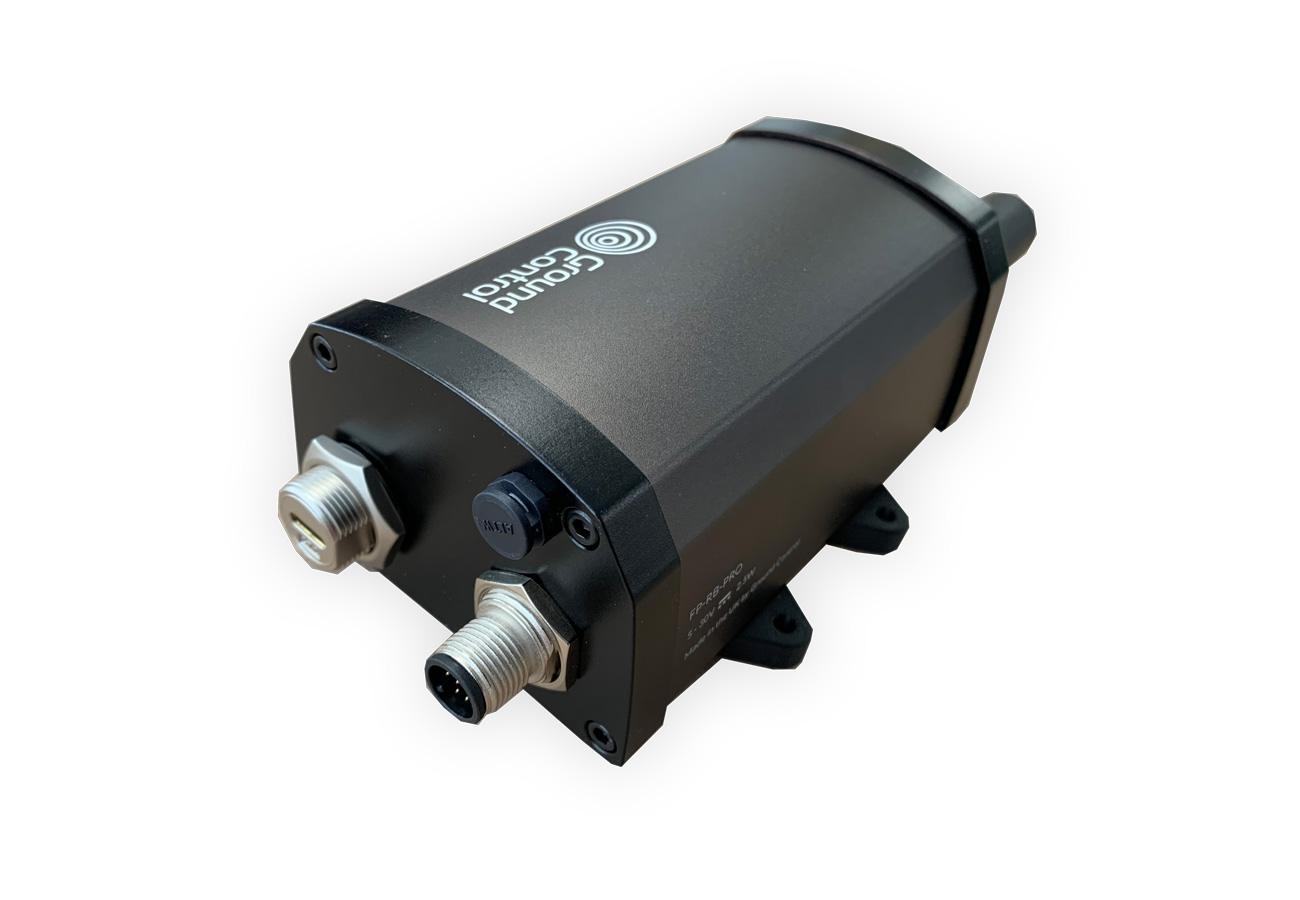
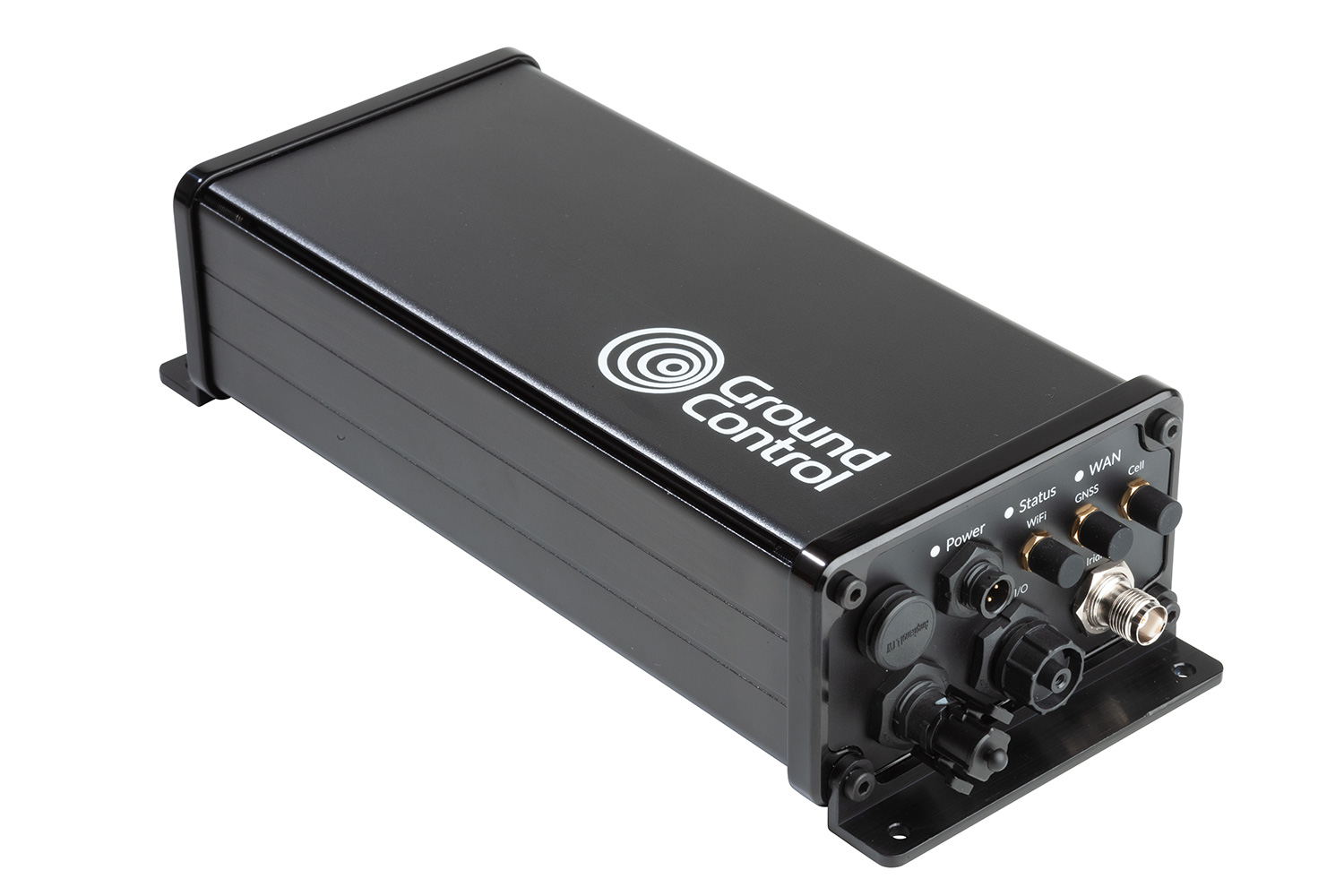
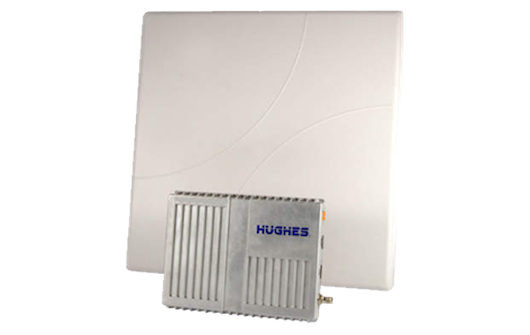
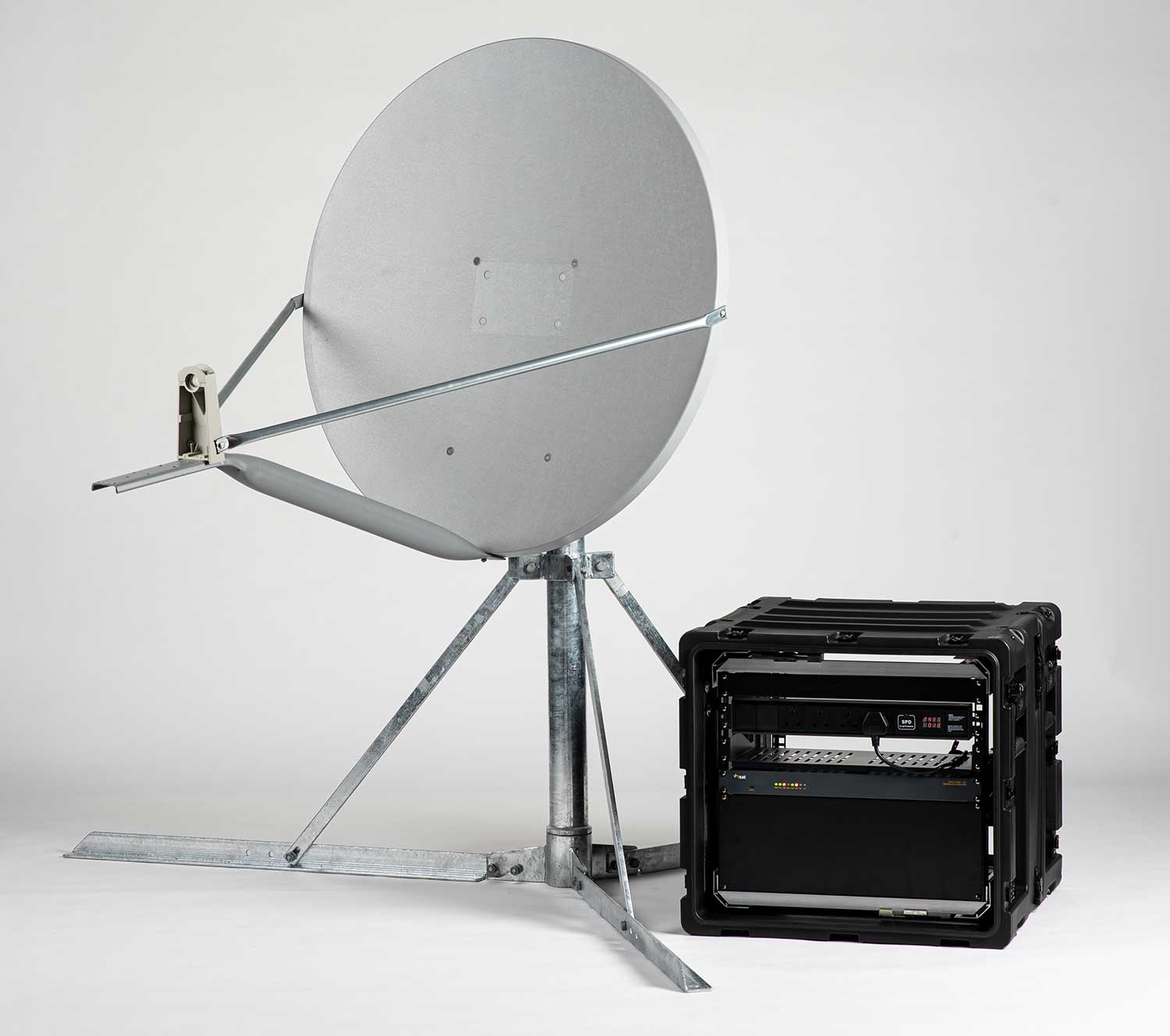
 Get inspired
Get inspired Get started
Get started Get informed
Get informed Get inventive
Get inventive Get value
Get value






